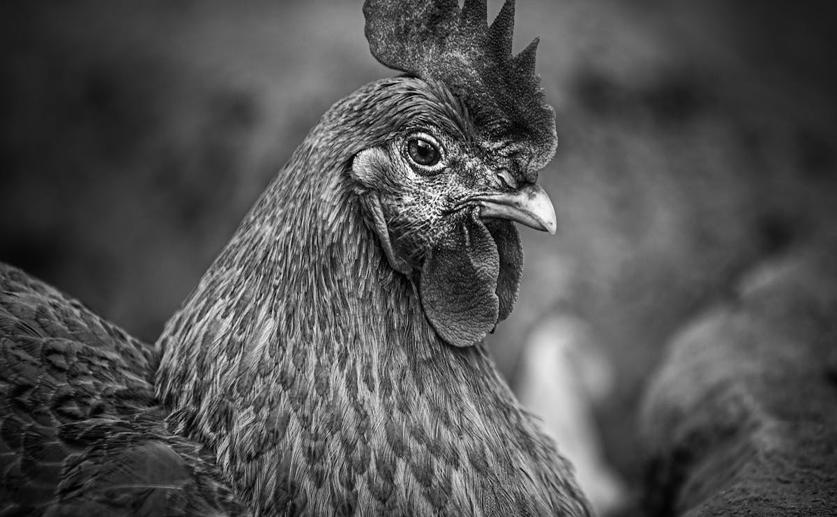
Improving Chicken Health with Grape Waste and Aloe Vera Gel
Jenn Hoskins
22nd March, 2024

Image Source: Wanran Yang (photographer)
Key Findings
- Study in densely stocked broilers found 1% Aloe vera in water boosts growth and feed efficiency
- Higher Aloe vera doses (>1%) didn't further improve chicken performance
- Aloe vera also improved chicken welfare, indicated by better movement quality
AgricultureNutritionAnimal Science
References
Main Study
1) Use of red grape pomace and Aloe vera gel as nutraceuticals to ameliorate stocking density-induced stress in commercial male broilers.
Published 20th March, 2024
https://doi.org/10.1007/s11250-024-03943-x
Related Studies
2) Stocking density-induced changes in growth performance, blood parameters, meat quality traits, and welfare of broiler chickens reared under semi-arid subtropical conditions.
3) Influence of Aloe vera (Aloe barbadensis M.) as an alternative to antibiotics on the growth performance, carcass characteristics and haemato-biochemical indices of broiler chickens.
4) Aloe vera: A Sustainable Green Alternative to Exclude Antibiotics in Modern Poultry Production.



 3rd March, 2024 | Jim Crocker
3rd March, 2024 | Jim Crocker